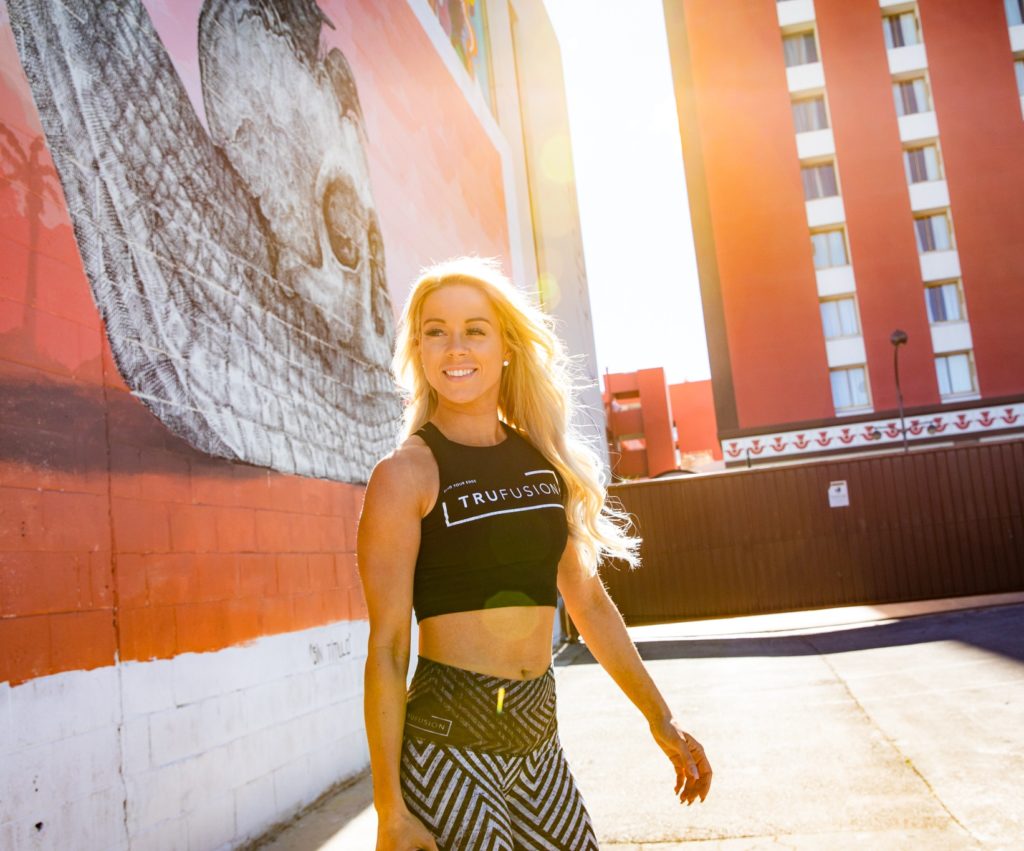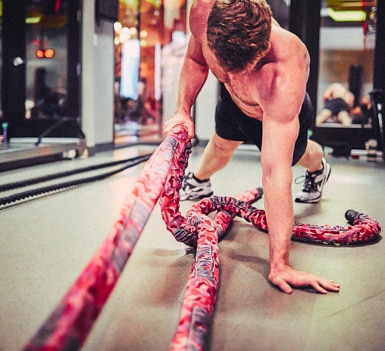Social media has evolved from just an outlet to keeping in touch with friends and into an integral part of our daily lives – many of us get our news, have social interactions, participate in shared hobbies, and even do our shopping via social media.
Social media has also created a new type of celebrity: the influencer. Like all public figures, audiences often create parasocial relationships with them. A parasocial relationship is when a person has an ongoing, one-sided bond with a public figure.
In the past, parasocial relationships occurred predominantly with celebrities, fictional characters, or radio hosts. They are also cultivated by the media figures themselves to develop intimacy or relatability with their audience.
These relationships build trust, but that does not mean that some influencers are qualified to give out advice. The lack of regulation on social media means that anyone can give advice. Some bad advice results in clickbait 5-minute craft or lifehack videos, other misinformation can be ineffective, or in the worst case, damaging.
A recent study found that 27% of fitness content on TikTok demonstrated incorrect advice or bad form. Videos using Kettlebell swing were performed wrong most often (80% of the time), and unfortunately, unless you’re an expert, most social media users wouldn’t know the difference.
Although there are many qualified and trustworthy and hardworking fitness professionals doing their best to distribute factual information on social media, there are many influencers selling unreliable information.
There are some red flags that you should look out for when considering who it is to take advice from. English personal trainer, Liam Cavanagh has a list of tips for you to keep in mind when following advice from social media influencers.
1. The content is shallow and not educational
Look at the content of the profile and see if someone’s social media account has thoughtful, educational, and helpful tips, or if it is just vanity-focused. If their page is an endless scroll of selfies without substance, you might want to get fitness and health advice from elsewhere.
2. They post mainly product promotions.
Sponsored posts and paid promotions are not a bad thing. It’s a beneficial relationship for full-time influencers and the brands that work with them. But it’s important to look at how much promotion an influencer does and what products they are promoting.
In an ideal world, influencers would solely promote products they support, believe in, and use themselves – but that is not always the case. “Look out for people who just promote products instead of actually giving fitness-related advice,” said Cavanagh.
3. They lack qualifications, experience, or credentials.
Not all influencers list their qualifications in their bio – and that’s ok. And if they are not listed, that doesn’t mean that they don’t have them. If you’re not sure, you can always try to reach out and ask what certifications a person has. Look out for dialogue on form and technique, experts should explain what they’re doing and how it can be done safely.
4. They take a ‘my way or the highway’ approach
Good trainers understand that health and fitness should be modified for individuals. A one-size-fits-all approach does not account for a diverse group with different genetics, goals, and physical needs. It’s great to be well-versed, but ensure that the influencer is giving reasonable and adjustable advice. And remember, just because a person has credentials in one area doesn’t mean they are experts in other disciplines.
5. They focus on short-term transformations
“Before and After” pictures are a great way to compare results visually. But sometimes, it means that a coach is focused on a short-term aesthetic change, opposed to helping a person create lasting change. Look for an influencer who invests in overall health, who has testimonials from clients.
6. They post exaggerated claims
Err on the side of caution when you encounter claims that are too good to be true about the benefits of an exercise program.
Make sure to follow @TruFusion on social media. We work with credible and vetted fitness experts to bring you the best fitness and wellness tips, advice, and content.

